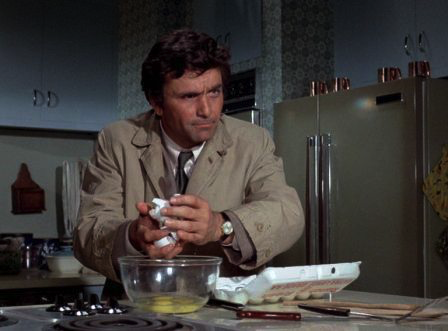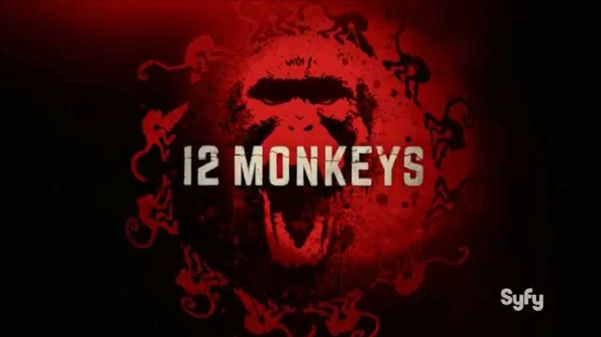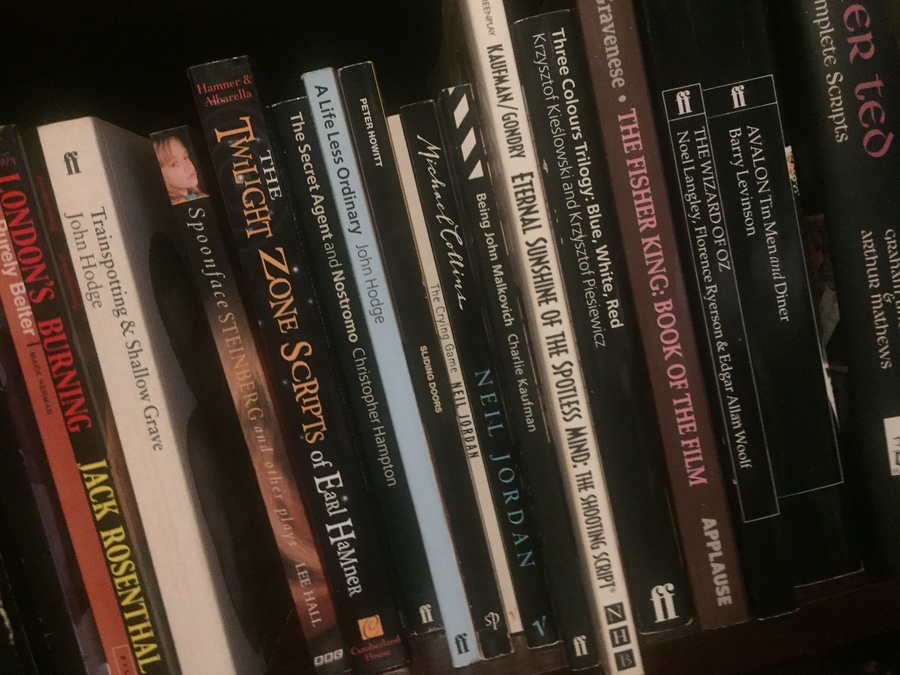If you want something and the other person, for whatever reason, doesn’t want to give it to you, change the rules. Don’t try to fix the system from the inside: pull the argument on to your turf. Stand where you are strongest and argue from there.
It’s taken me so long to see that this is necessary and that any system’s rules are designed to protect the system and fight change. And this week 76 writers demonstrated it.
Actually, it’s 76 women writers and not only would it be irrelevant that they’re women, I’m not entirely sure I’d have noticed they were as I read their names. There are some I’ve not heard of, there are some whose writing I don’t like and there are some who I aspire to be as good as. But it’s their writing I’m interested in and gender wouldn’t cross my mind.
Except that the 76 names are signatures on a letter that made news around the world this week. These writers are protesting against the fact that UK television drama series use startlingly, ridiculously few women. Or to put it another way, it’s always the same bleedin’ men who write these shows. Or put it a third way: it’s the same type of people who write most of them.
I want to see drama from everyone and about everything. Right now the system is boringly out of whack and if I’ll be happiest when drama better reflects our country’s brilliant and vibrant culture, we can start by hiring more women. And I can point you at 76 women writers.
There are more than 76: that’s how many publicly signed the letter but there are untold more who support it yet fear putting their current work at risk by signing. I readily get that: I think I might well have been one of them if I were one of the writers doing this.
So I understand the ones who can’t sign and of course I applaud those who did.
But read their letter.
It’s strong and forceful but it’s layered, it’s funny, it’s involving. This letter is not a placard demanding what we want and how we want it now, it is engaging in every sense. If there is no mistaking its point or the strength of its argument, it is equally clear that this is a conversation. Like the very best writing, this is not a transmission of arguments from the writers to television commissioners, the text speaks in such a way that the reader is as involved as the writers.
If you forget everything else about what it’s trying to achieve, this letter is an example of smart, classy, vivid writing.
You can’t forget what it’s trying to achieve though, specifically because it won’t let you.
I imagine that there must’ve been hundreds of meetings where women writers somehow didn’t quite get the commissions their writing warrants. I imagine thousands of emails where projects somehow didn’t get to where they should.
And so rather than continue working in that system, these 76 writers yanked the argument over to where they visibly and vividly rule: these writers wrote.
I can only hope that it helps but I tell you, I wish I’d written that letter.





